
Kilimanjaro Farm Amboseli
About Us
Kilimanjaro.farm is a Kenyan smart farming research project on how to establish a sustainable organic horticulture farm with a philosophy of permaculture, companion planting, and crop rotation in a challenging Sub-Saharan African semi-arid environment. We focus on quality before quantity, growing a big variety of super tasty, healthy, organic food that is rich in vitamins, minerals, and trace elements, in order to feed a tribe all year long with an optimal dietary pattern high in minimally processed fruits and vegetables, whole grains, nuts, and moderate on fish, eggs, and poultry while limiting red meats. Furthermore, we aim to create habitats for wildlife, insects, birds, and other species.
Contact: office@kili.farm, WhatsApp +254798178767
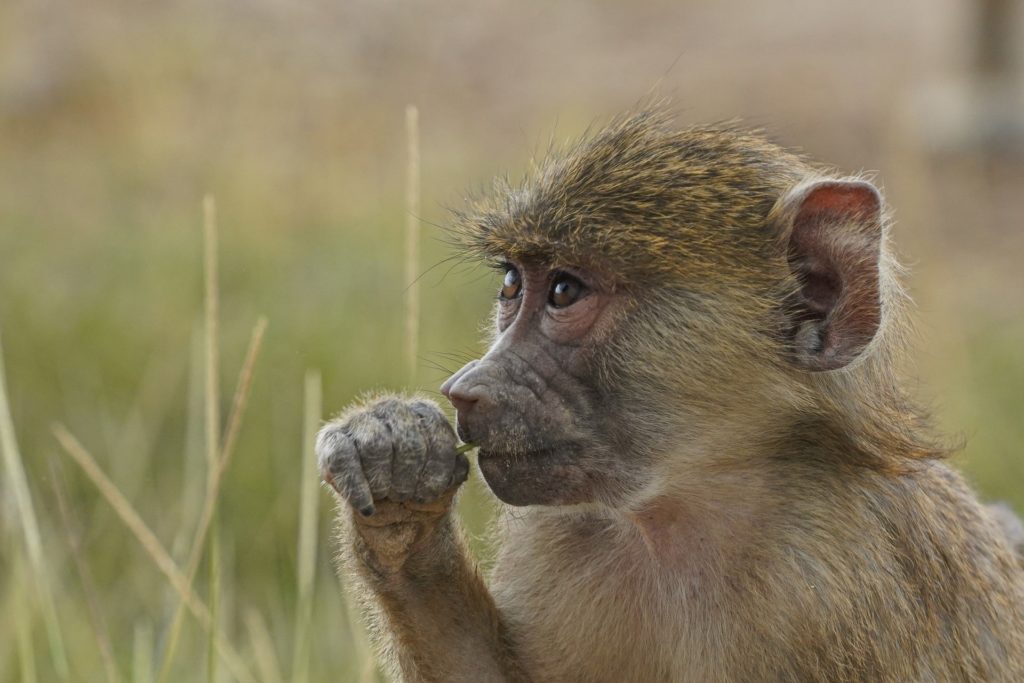
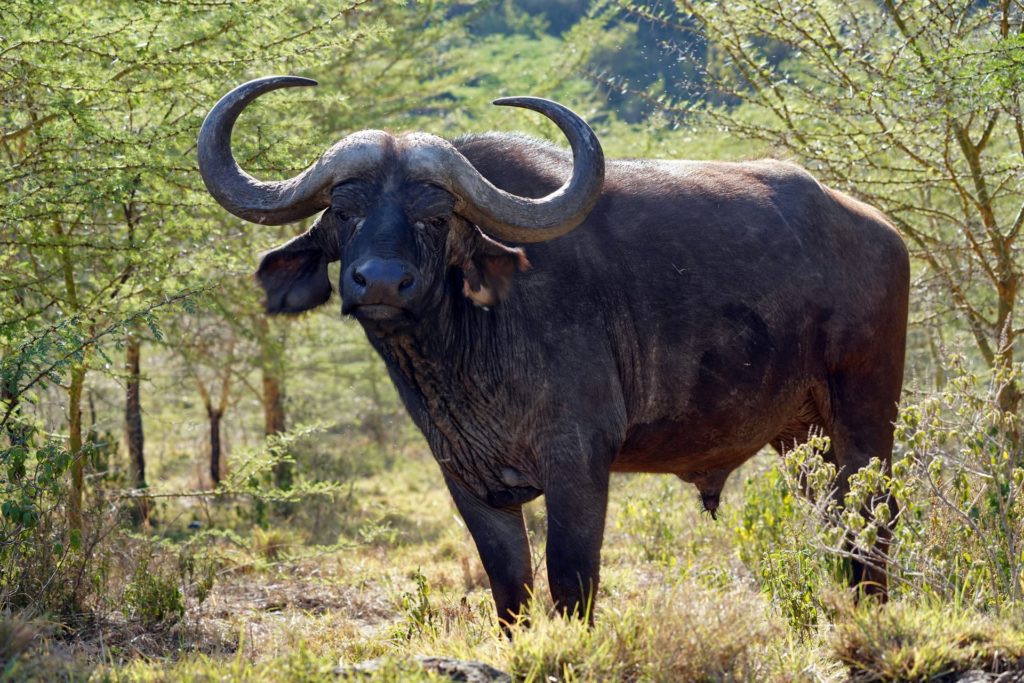
Our principles
- Use only renewable energy sources, also for agricultural vehicles
- Taste and nutritional value are more important than yield
- Permaculture, companion planting, crop rotation, and variety of species
- No chemical pesticides, instead focus on beneficial microbiomes and insects
- Only plant non-patented seeds that allow for local seed production
- Keeping only farm animals that do not need exclusive areas of land producing just for them
- Providing a natural environment and lots of free open-air space for farm animals
- No general use of antibiotics and hormones
- Respecting wildlife and creating habitats on the farm
- Local water and waste recycling
- Minimizing the use of plastic and creating non-recyclable waste
- Support circular economy
Research Interests
- Extending the use of C4 and CAM species in African farming
- Biological fixation of atmospheric nitrogen for cereals
- Determining soil micro-organism and fungi partners for a broad range of plants
- Determining water and soil micro and macro nutrition requirements for a broad range of less researched plants
- Best companion planting combinations for resilience, growth, and minimizing overall crop failure risk by growing a wide array of symbiotic or commensal plants in small patches using microbiome and insect support
- Balancing pests and beneficial insects with companion planting and the creation of local habitats
- Organically adapting soils and nano-climate to grow a broad range of fruits and vegetables
- Small fresh-water ponds for fish and edible water weed farming
- Hedges with beehives against intrusive elephants (instead of electric fences)
- Green fences that feed wildlife and people instead of barbed wire
- Storage and organic preservation of fruits and vegetables in hot regions
- Organic processing of fruits and vegetables into higher-value products that can be self-marketed
- Climate and vegetation safe alternatives to cow and goat farming
- Safe recycling of blackwater and cleaning agents for remote communities
- Sustainable groundwater use and wastewater recycling for permaculture
- Safe and effective off-grid solar energy solutions for small tribes in hot and dusty regions
- Agricultural multi-purpose electric quads and SUVs for remote communities
- Homeschooling and remote learning for small tribes in remote locations
- Development of technologies adaptive to emerging farming challenges
- Soil, water, microbiome, and nutritional value testing
Collaboration Interests
If you
- are doing research and want to collaborate or
- have products and want them tested in African off-grid real-life and get development feedback or
- have funds to support us or
- equipment and products to donate to us
please write to office@kili.farm or on WhatsApp +254798178767
Product Testing and Development
- Solar energy solutions
- Agricultural multi-purpose electric quads and SUVs
- Self-testing of water, soil, and micro-organisms
- Devices for the preservation of fruits and vegetables in hot regions
- Recycling toilets
- Water recycling technologies and water pumps
- Adaptive irrigation systems and soil humidity sensors
- Development of technologies adaptive to emerging farming challenges
- Nutritional value self-testing
Research
- Fresh-water ponds for water weed and fish farming
- New C4 and CAM species in farming
- Biological fixation of atmospheric nitrogen
- Detailed water, soil, and micro-organism requirements for specific plants
- Best companion planting combinations for resilience and growth
- Beneficial insects for farming in Sub-Saharan Africa
- Creation of local habitats for wildlife and insects on farms
- Organically transforming soils and establishing nano-climates
- Sustainable food production
- Sustainable waste recycling for small communities
Farm Development Plan
Currently, we are just getting started. In the final expansion phase, the farm will consist of:
- Living quarters for visiting researchers and artists
- High-speed low-latency reliable internet
- Coverage to collect sensor data from all over the farm
- Reliable power supply based on solar energy
- Electrical charging station for cars, agricultural vehicles, and tools
- Exhibition center for education, arts, and scientific findings
- Collection of typical African houses (from nomads to Maasai)
- Laboratory
- Farm shop
- Borehole and irrigation system
- Ponds
- Water and waste recycling station
Location
Kilimanjaro.farm is a 4 HA (10 acres) farm resting at slightly above 1300 m (4300 ft) at the foot of Mount Kilimanjaro, with 5895 meters (19341 ft) the highest mountain in Africa and the highest single free-standing mountain in the world. It lies approximately 250 km (155 mi) southeast of Nairobi, the capital of Kenya, in an agro-climatic zone in the rural parts of Loitokitok, with most of its population living as subsistence farmers.
The farm is located close to the gate of Amboseli national park, one of the best wildlife-viewing experiences in the world, because the lakes in the park attract a huge variety of species and there are big areas with open plains or savannah vegetation cover that offer undisturbed viewing opportunities. You can see herds of elephants, zebra, buffalo, blue wildebeest, giraffe, spotted hyena, hippopotamus, gazelle, impala, lesser kudu, dik-dik, hyrax, lion, leopard, cheetah, and many more, as well as a prolific birdlife featuring over 400 species.
Other national parks close by include Kilimanjaro and Arusha national park in Tanzania, as well as the Kenyan national parks Chyulu Hills, Tsavo West, and Tsavo East.
Nearby airstrips are Loitokitok (HKAM) and Amboseli (HKLT), the closest international airport is Jomo Kenyatta Airport (HKJK) in Nairobi.
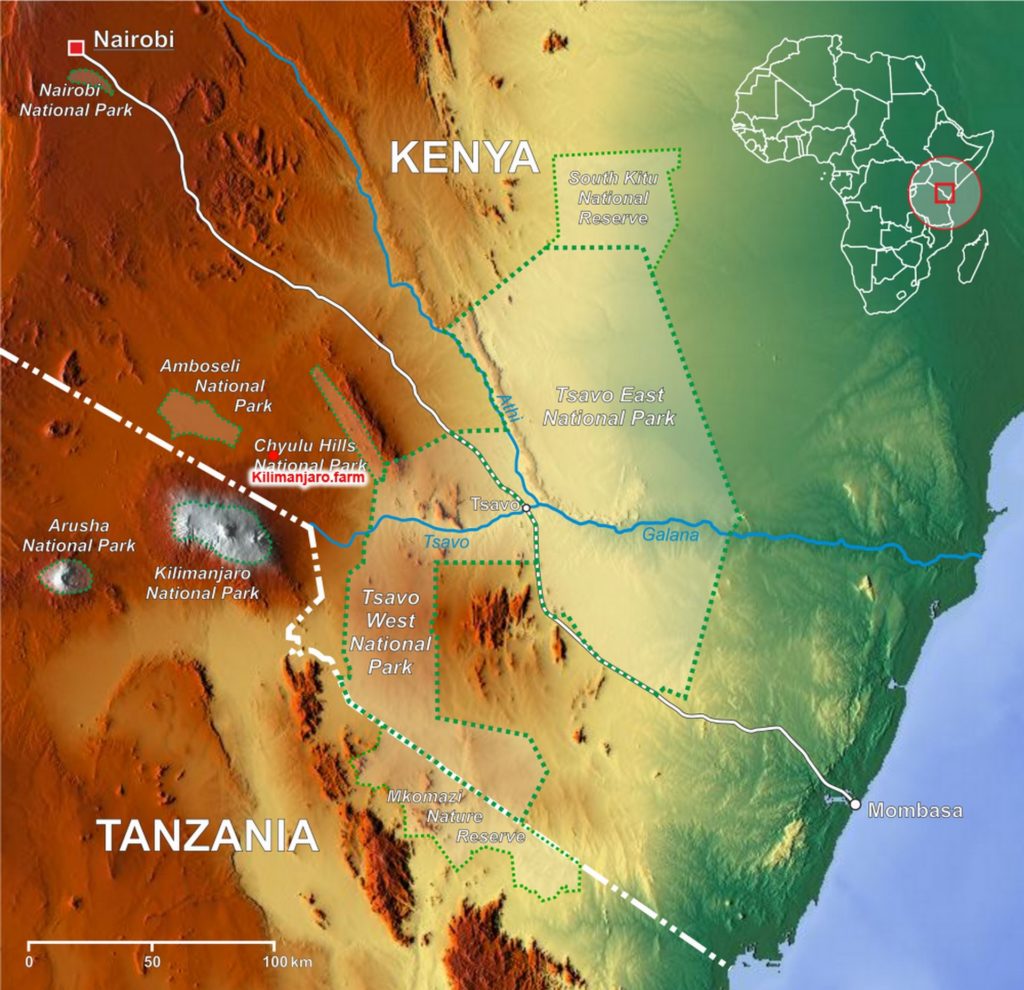
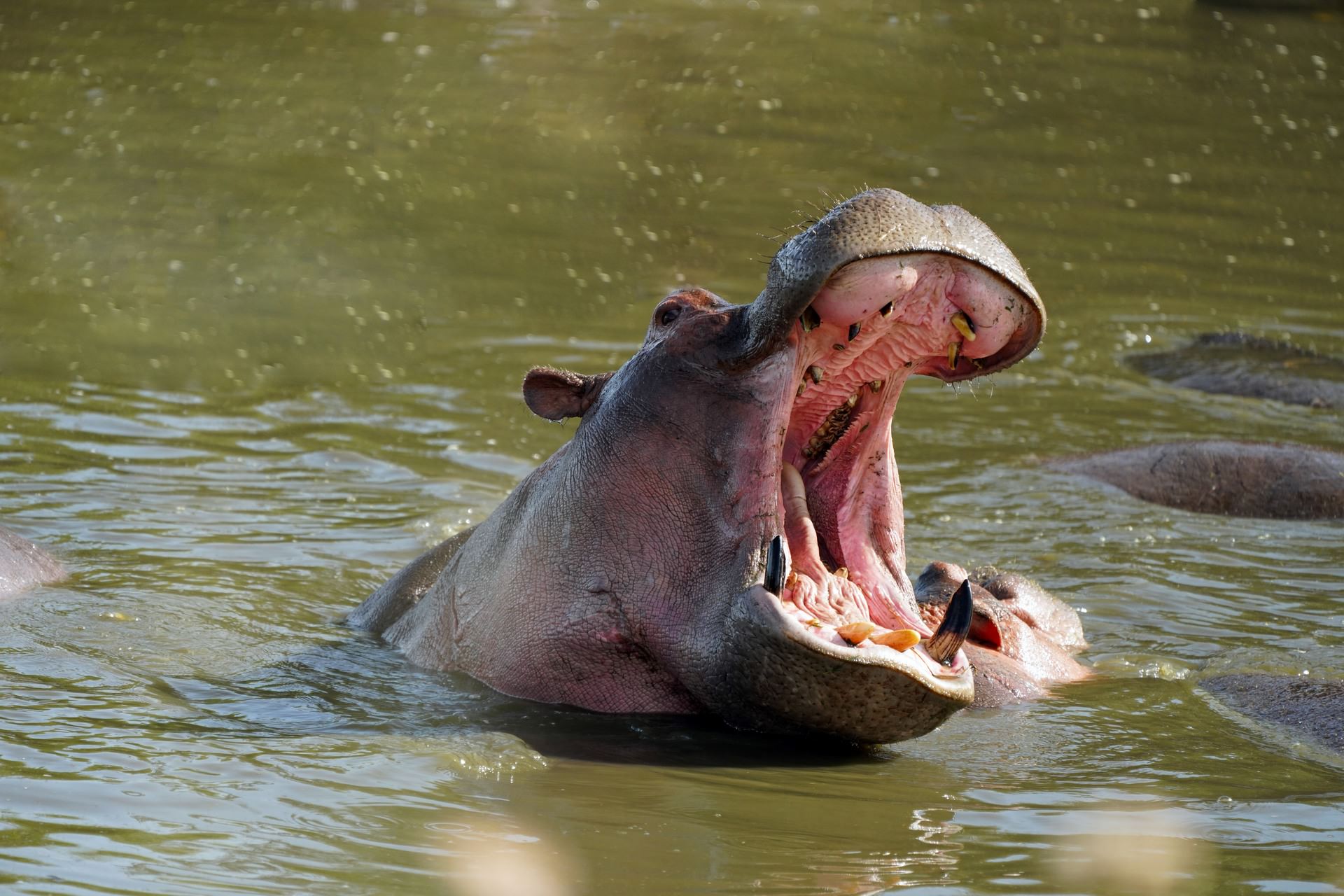
Climate
Kilimanjaro.farm has a very pleasant and stable climate all year long, with a maximum daily temperature of 26°C (79°F) and minimum nightly of 17°C (62°F), +/- 2° throughout the year, with a yearly average temperature of 20°C (68°F).
The yearly rainfall is 2000mm (79 in) in total. The dry season is from June to October, having only a few days with very little rain. April is the rainiest month.
There is an average of 7 sun hours per day, the sunniest months being January till March with 9 hours of sunshine. The other months are partly cloudy, which gives the most beautiful skies for photography.
Winds are usually around 15 km/h (9 mp/h) and blow from east to west, with August to October being the windiest months, and December, April, May being the least windy ones.
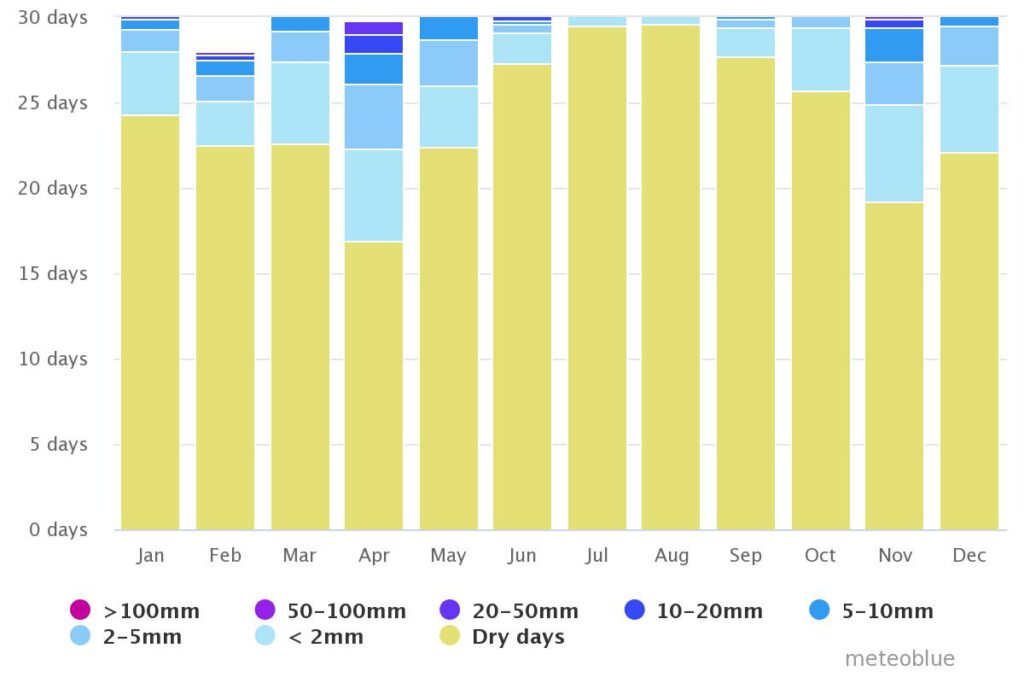
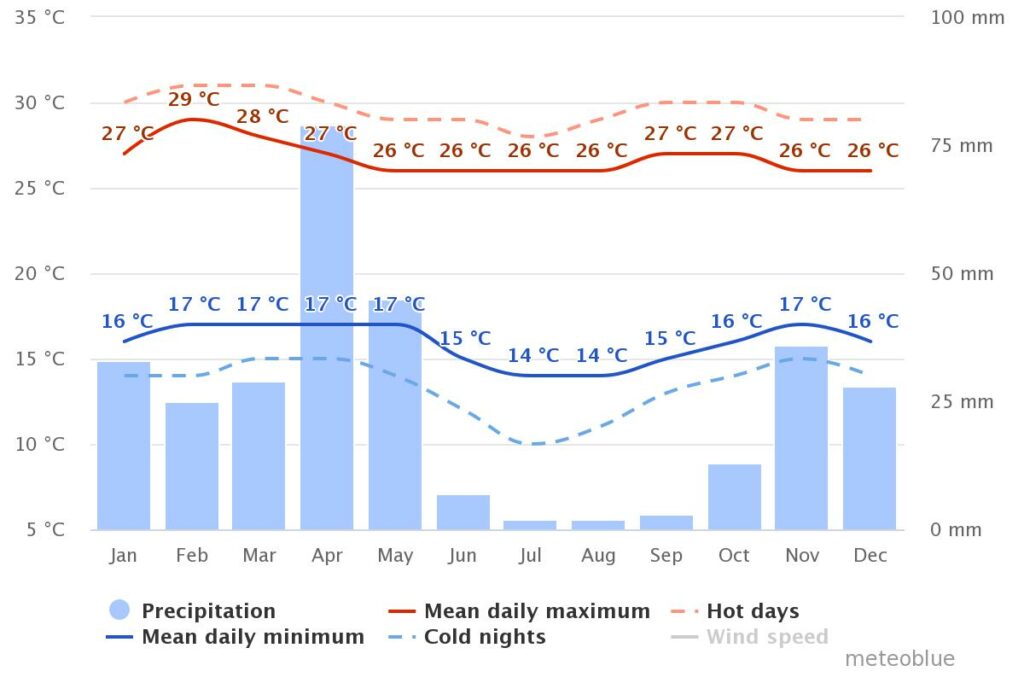
Dictionary of Concepts
is an agricultural practice that involves combining different plants together in a close proximity to make them more resilient and productive, because some plants have complementary characteristics, such as their nutrient requirements and waste products, growth habits, pest-repelling abilities, pollination, or providing habitat for beneficial insects.
is the practice of growing different varieties of crops in the same area in following years to increase the soil productivity.
is agriculture that mainly deals with gardening of fruits, vegetables, and ornamental plants (plants grown for display).
is a permanent agricultural technique that focuses on ecosystems and efficient use of resources to preserve nature for sustainable living.
is an agricultural produce that doesn’t involve the use of artificial fertilizers and chemicals.
is the ability to meet a society’s needs for a longer period of time despite the changing environmental factors.
are sources of energy that never run out and are environmentally friendly. They include solar energy, geothermal power, hydropower and wind energy.
are chemical substances used for killing and controlling pests.
use the C4 carbon fixation pathway to increase their photosynthetic efficiency that mainly occurs in high light, high temperature, drought, and salinity environments. Commonly known species include Maize, Sugarcane, Papyrus, Saxaul, Purslane.
Use a carbon fixation pathway that allows a plant to photosynthesize during the day, but only exchange gasses at night in an adaptation to arid conditions. Commonly known species include Pineapple, Agave, Spanish Moss.